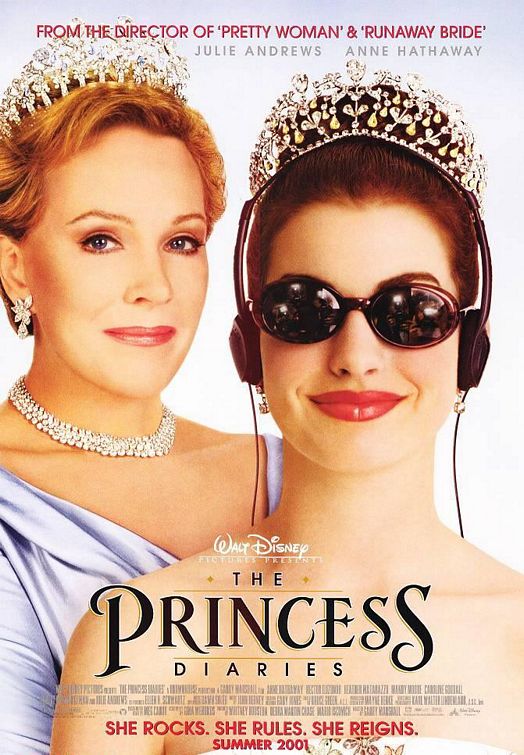“Not Just Restless But Also Hopeless”

| None | Light | Moderate | Heavy | |
|---|---|---|---|---|
| Language | ||||
| Violence | ||||
| Sex | ||||
| Nudity |
What You Need To Know:
RESTLESS is an enjoyable tale exposing the broad palette of life, but the story’s resolution and worldview promotes a Romantic, evolutionist, atheist, hopeless worldview bordering on nihilism. In the end, although Enoch finds a kind of peace, there’s no hope beyond tragedy and death for anyone. The hopeless humanism and Darwinism of RESTLESS is absolutely abhorrent, especially when compared to the life, liberty, joy, peace, and goodness we find in Jesus Christ.
Content:
(HHH, EvEvEv, RoRo, EE, AB, FR, Pa, B, L, VV, S, N, A, MM) Very strong humanist, evolutionist worldview as girl idolizes Charles Darwin with having “the greatest idea any man ever had” supported by prominent Romantic elements as plot follows the characters’ emotion-driven decisions, plus some environmental, humanist, and anti-biblical elements with limited false religion such mother reads New Age pagan religion book out loud at dinner on “becoming gods of our own universes,” but man quotes Bible at memorial service; five obscenities and three profanities, some strong, and boy vomits from car sickness; strong violence such as Nagasaki bomb footage, close up on deceased man’s face in coffin, boy recounts his parents’ death in drunk driving accident, man describes suicide by gutting one’s own stomach, man strangles boy; light sexual content includes implied fornication, boyfriend and girlfriend kiss and hold hands, boyfriend kisses girl’s neck, boyfriend and girlfriend kiss passionately and wake up together in same bed next morning; brief nudity as girl undresses shirt for boyfriend (no breasts shown); woman has wine at dinner; no smoking or drug use; and, girl lies to funeral home manager to protect her friend, boy talks about helping kids cheat at school, slight racism as boy loses battleship board game to imaginary Japanese kamikaze pilot and Japanese man jokes that “white people have to grab everything,” teenagers jokingly make up disrespectful death stories at hospital morgue, children dress up for Halloween, go trick-or-treating, teenagers break into work shack in woods at night, boy disrespects hospital authorities out of concern for girlfriend, boy disrespects aunt, boy smashes his parents’ gravestone.
More Detail:
Enoch Brae (Henry Hopper) is a quiet funeral-crasher who has all but given up on life, choosing to keep the company of only one friend – Hiroshi, the imaginary ghost of a Kamikaze fighter pilot. However, when Enoch chances to meet the beautiful young Annabel Cotton (Mia Wasikowska), an unlikely friendship unfolds between the pair that teaches them the deeper meanings of life. The two enjoy life together. She shares with him her love of the natural world and admiration for Charles Darwin and his humanist work while he introduces her to his imaginary friend Hiroshi.
When Enoch learns of Annabel’s imminent mortality, he vows to help her face her last days. However, before he can help her, he realizes he has to come to terms with his own anger at the reality of death in his own life – primarily, the loss of his parents killed by a drunk driver.
After the accident that claimed his parents and sent him into a coma, Enoch has closed his heart to the possibility of ever again being so vulnerable – that is, until the day he meets Annabel. In the care of his aunt, Enoch secretly frequents funerals in part due to his fascination with the finality of death, but mainly because he was unable to attend his parents’ memorial service. Annabel’s irresistible joy and fascination with the circle of life re-opens Enoch to the possibility of purposeful life, yet his burgeoning love for her also re-opens old wounds.
As Annabel’s time nears, Enoch begins to regret his decision to help her and snaps, telling her, “I was dead for three minutes, and you know what was there? Nothing!” He then goes to the hospital and disrespects her doctor for not being capable of saving her. Ultimately, he finds himself at the foot of his parents’ grave with a sledgehammer, their gravestone smashed to bits. His anger eventually subsides, however. Amid the turmoil of life and death, he finds a stranger peace with a sigh and a smile.
Ultimately what comes through at the heart of RESTLESS is that life is a cycle of death and rebirth without there being the possibility of life after death. All that we have is the present with each other, and when our friends pass away, all that we’re left with are just the memories. Thus, there’s no hope beyond tragedy and death in RESTLESS. What a hopeless and abhorrent conclusion this is!
In contrast to this, the sacrificial death and victorious resurrection of Jesus Christ provides all those who believe with a guarantee to eternal life, liberty, true love, and real joy. Jesus doesn’t just promise all this after we die. He also promises us a taste of these things in this life, through the baptism of the Holy Spirit.
“The fruit of the Holy Spirit is love, joy, peace, forbearance, kindness, goodness, faithfulness, gentleness and self-control. Against such things there is no law.”
– Galatians 5:22,23


 - Content:
- Content: 

